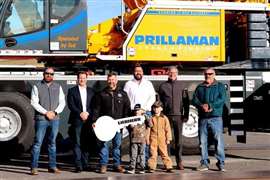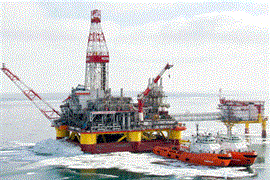UK drafts site dumper safety guide
25 November 2018
Following a number of serious incidents involving forward tipping site dumpers - including overturns and individuals being struck by dumpers - a good practice guide on safe operation has been produced by the UK’s Strategic Forum Plant Safety Group, led by the Construction Plant-hire Association (CPA).
One of the main messages of the draft guidance is that the use of a dumper should not be an automatic choice. The identification of the most appropriate machine to be used should be the first step, followed by effective planning, supervision and the use of competent people if dumpers are to be used safely.

In addition, with use of dumpers fitted with a cab becoming more common, the guide outlines some of the issues and considerations that need to be made in terms of allowing an operator to remain seated during the loading process.
A draft document is now available to be downloaded for public comment from www.cpa.uk.net/sfpsgdumpers with the closing date for comments set for Friday 11 January 2019.
The project was started in 2016 as a result of concerns throughout the construction plant sector. A major open meeting was held in September last year, hosted by the CPA and CECA (Civil Engineering Contractors Association), and CPA agreed to produce comprehensive guidance through the Strategic Forum Plant Safety Group (SFPSG).
The SFPSG Dumper Development Group was subsequently formed to start work on the guide in early 2018, with members including rental companies and owners, clients, contractors, users, manufacturers, importers and the Health and Safety Executive (HSE).
All comments received will be reviewed by the group, with the release of the final guidance by Easter 2019. The Plant Safety Group for Dumpers is keen to release the guidance at the earliest opportunity to mitigate further incidents, but stress that with rapid technical and operational developments occurring with dumpers, the guidance may be subject to continual future updates.
The guidance includes topics such as Operational Factors; Management and Supervision Requirements; Training and Information; Segregation/Exclusion Zones; Dumper Specifications; Machine Selection and Compatibility; and Ground Conditions.


